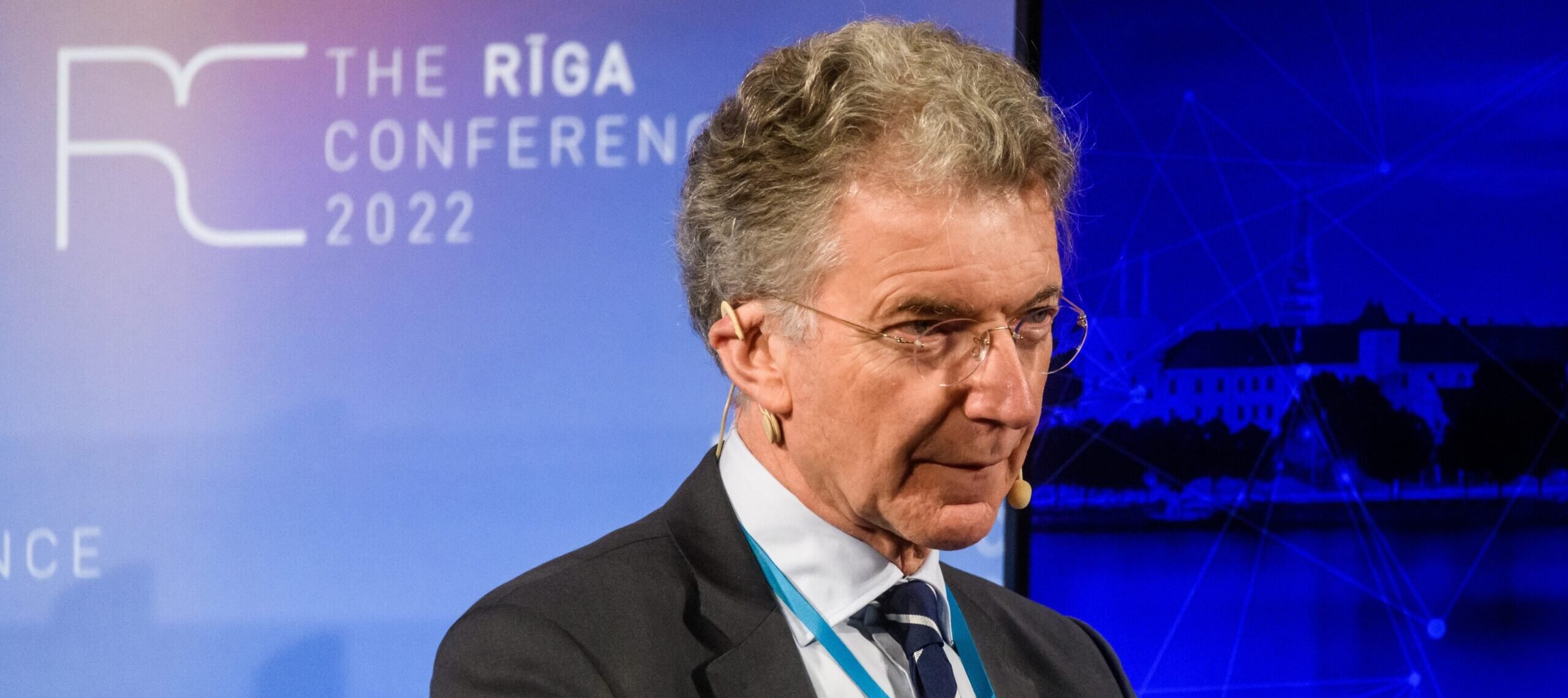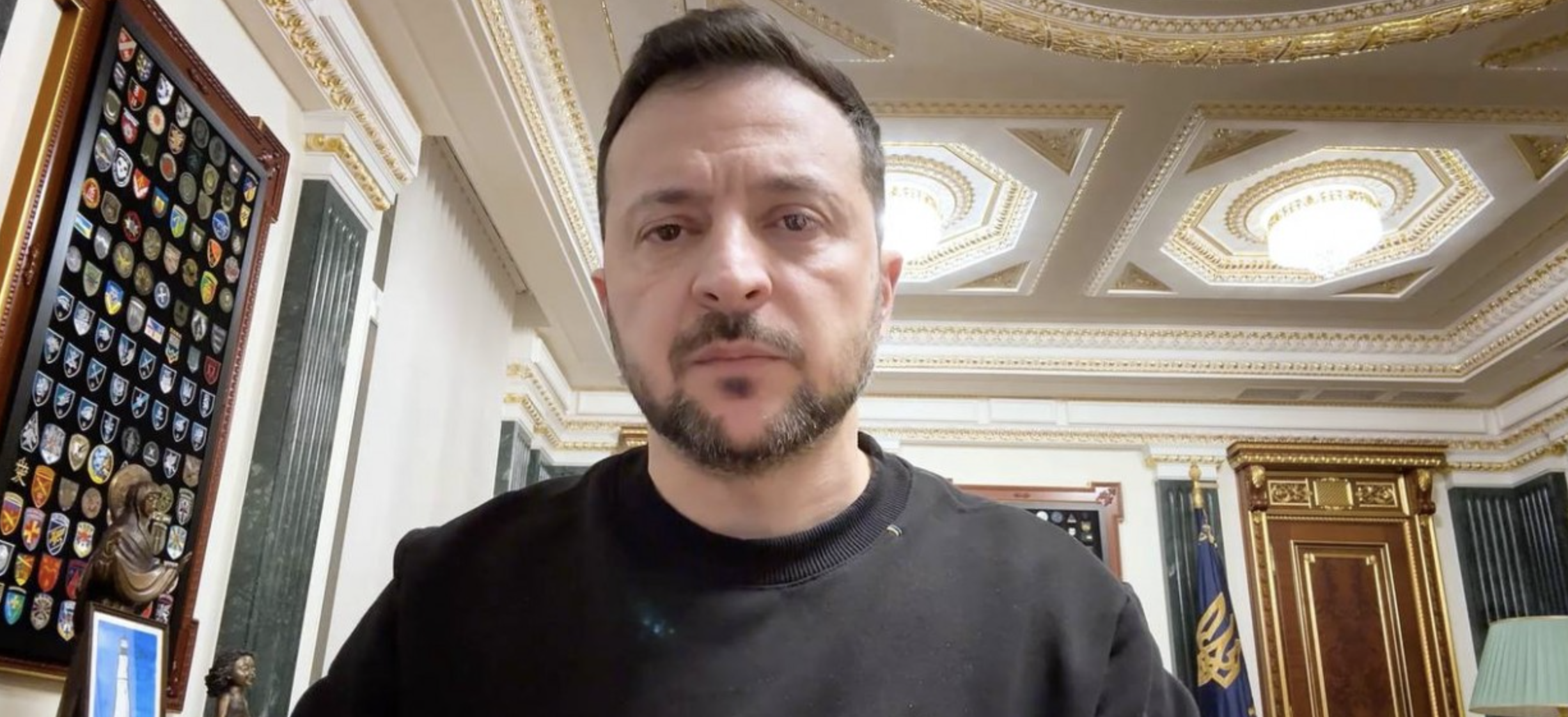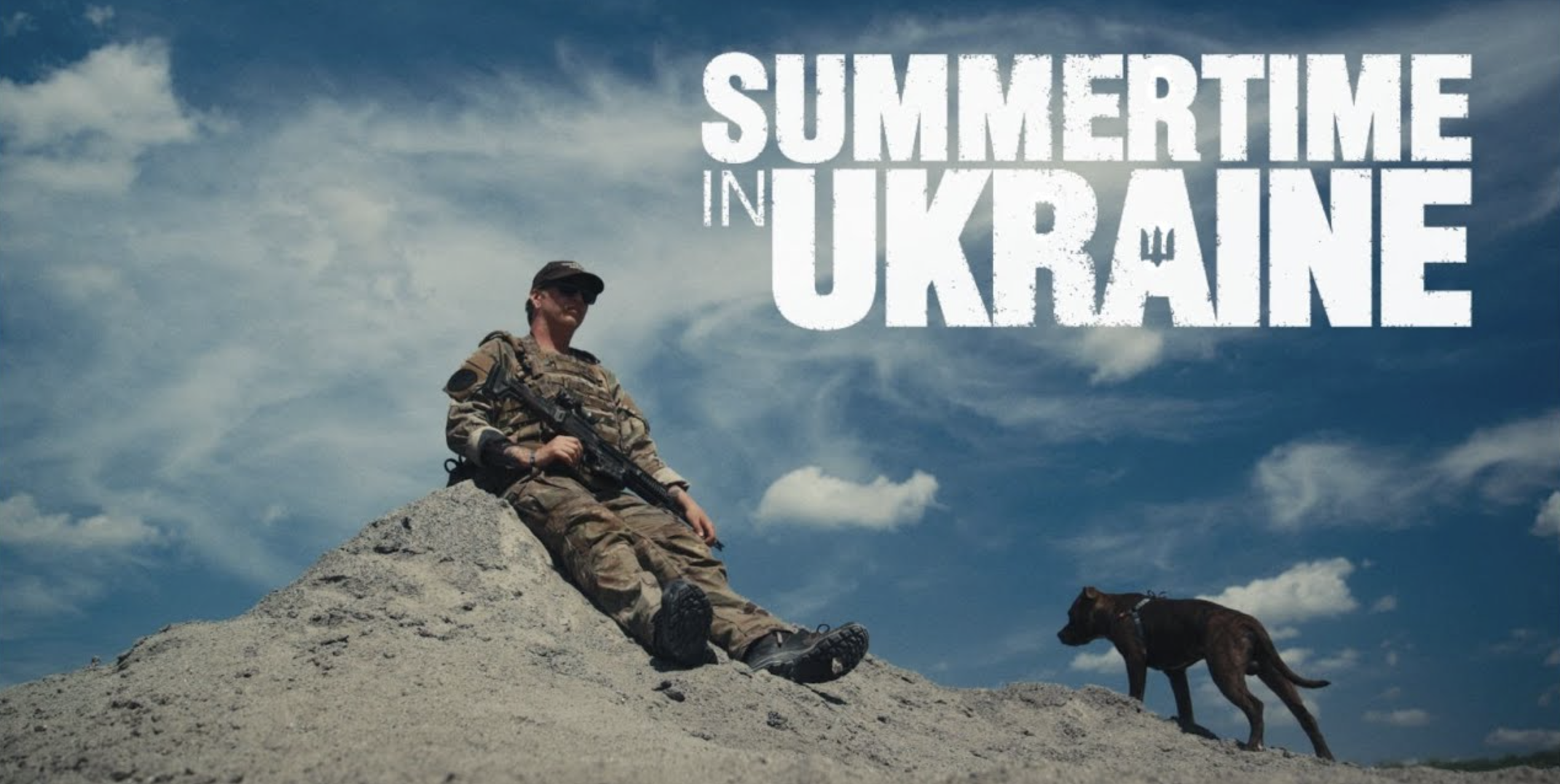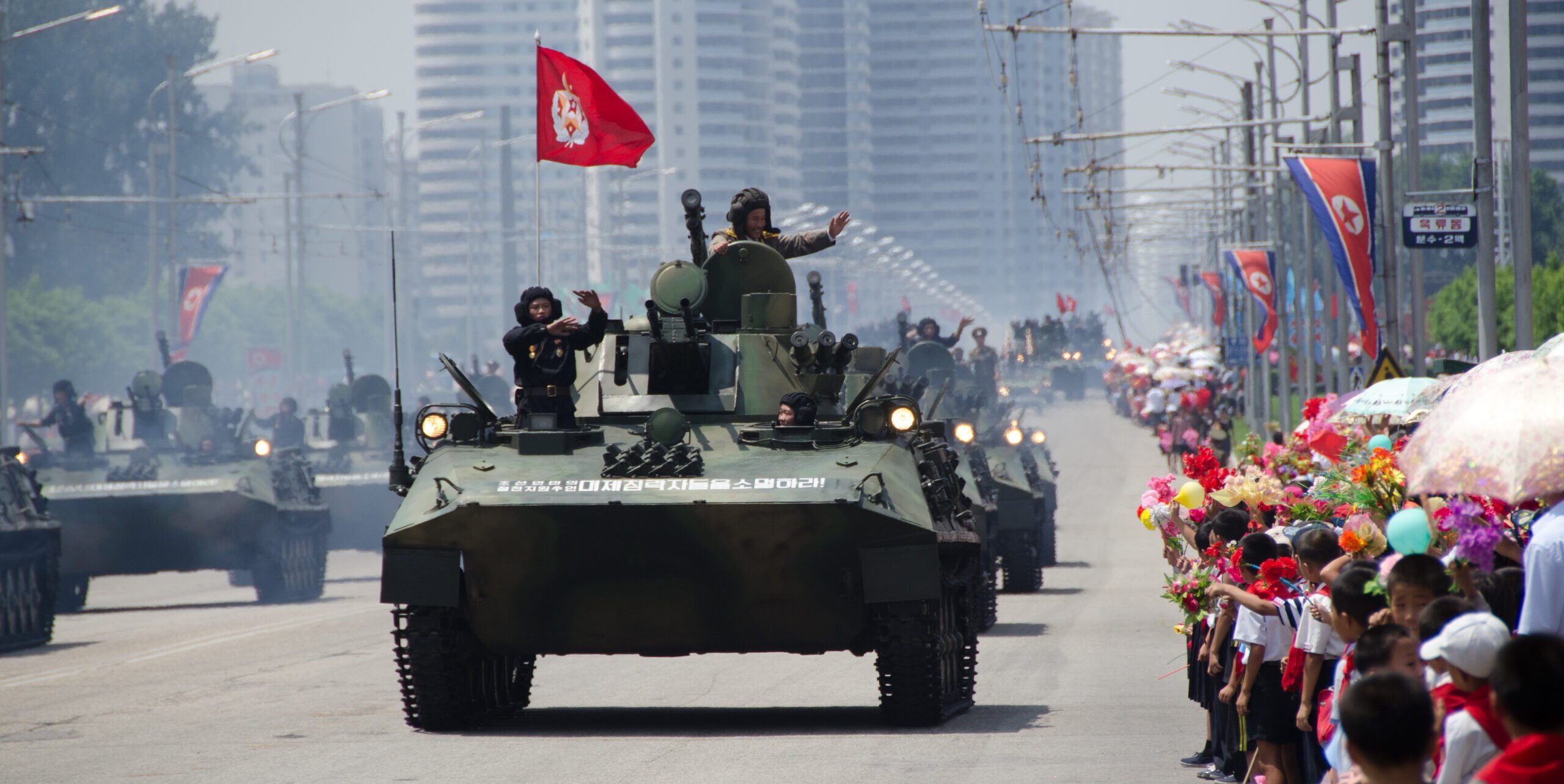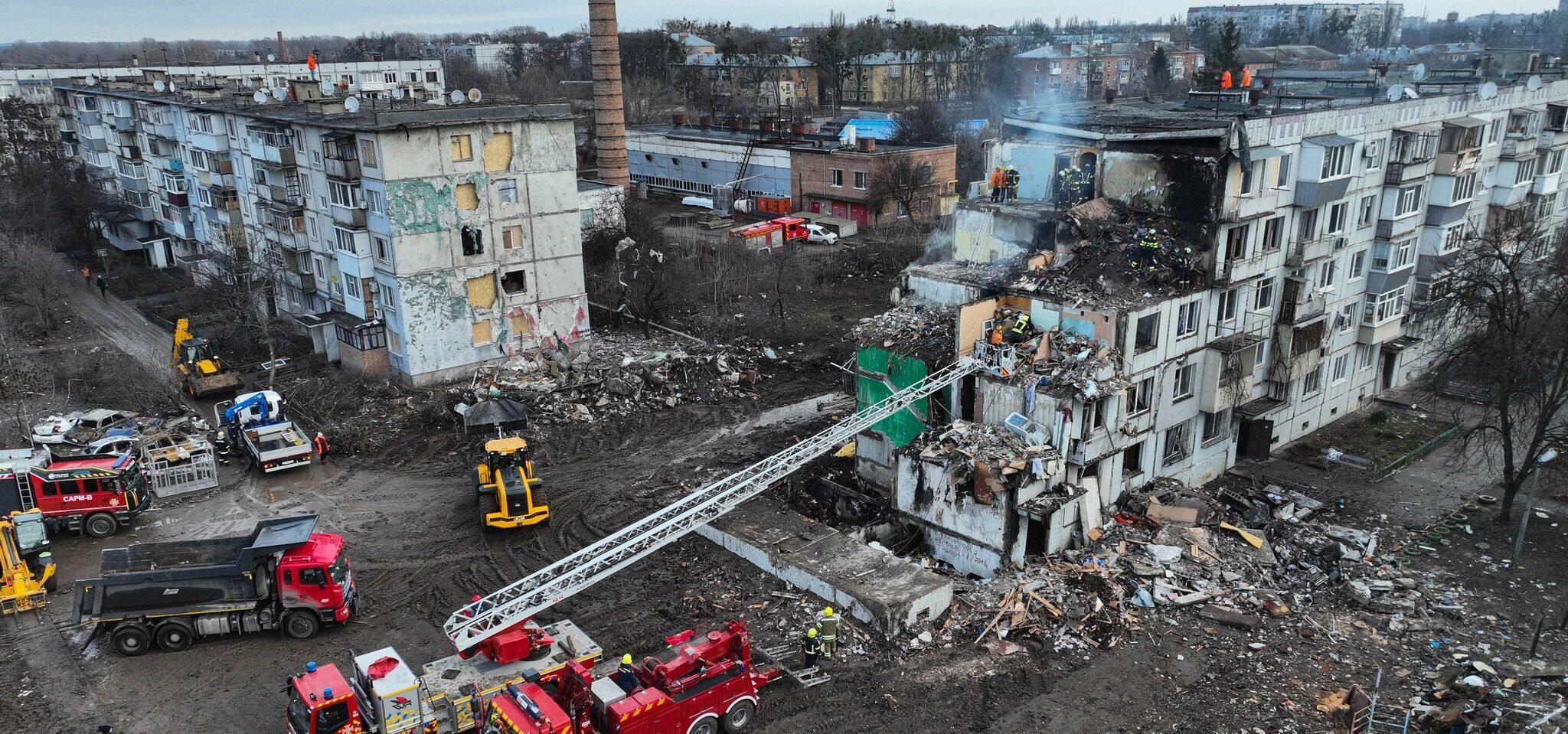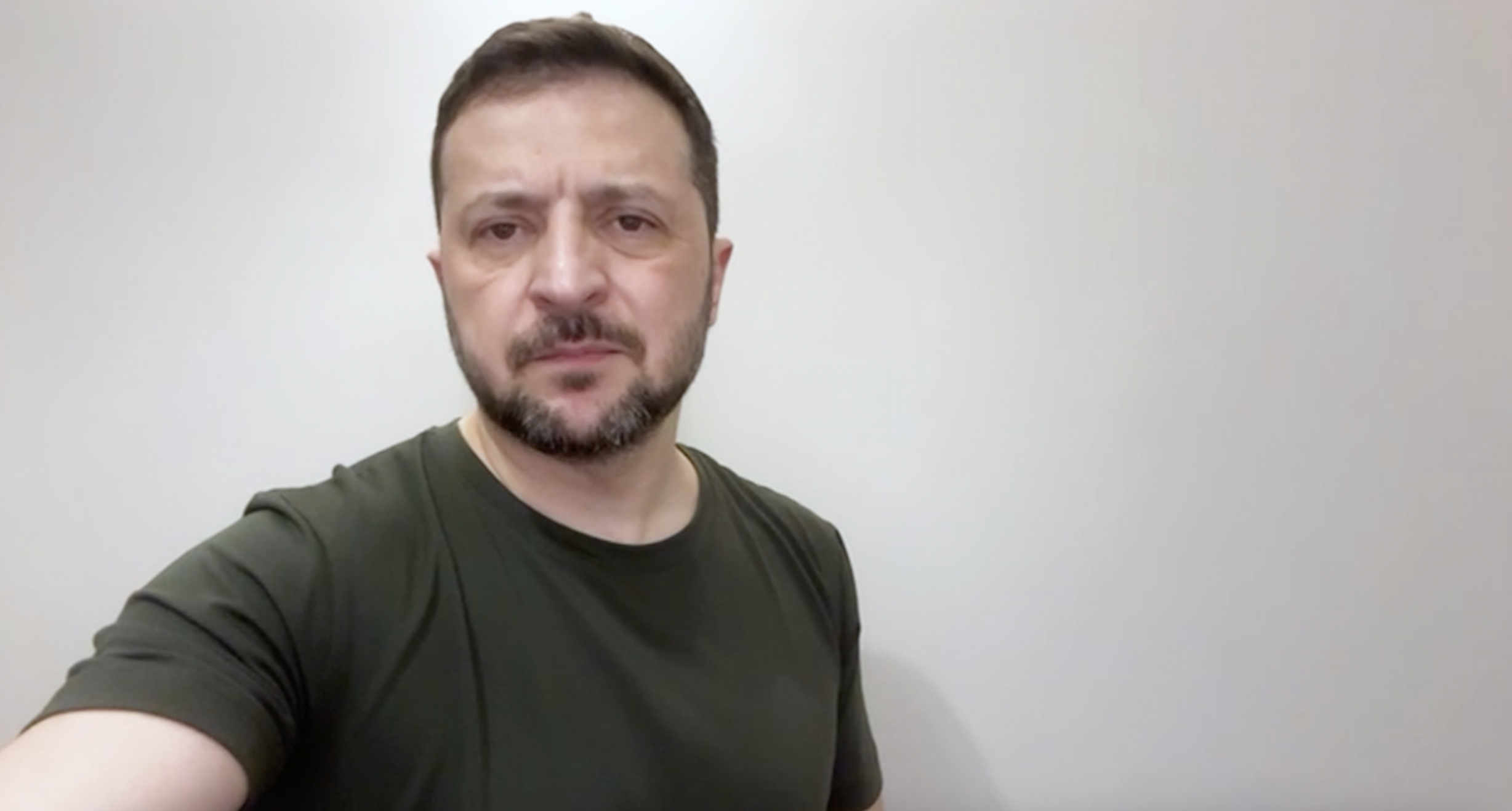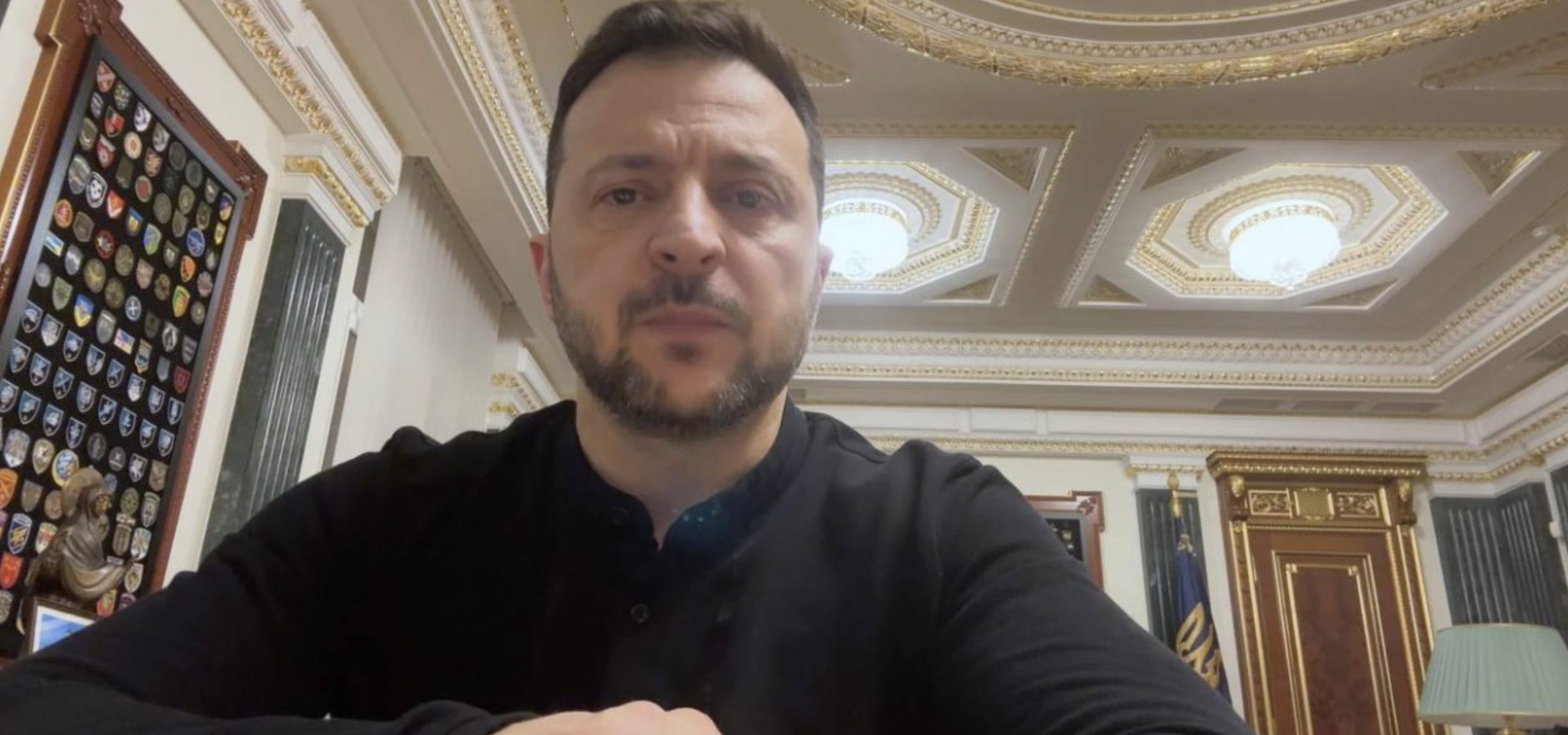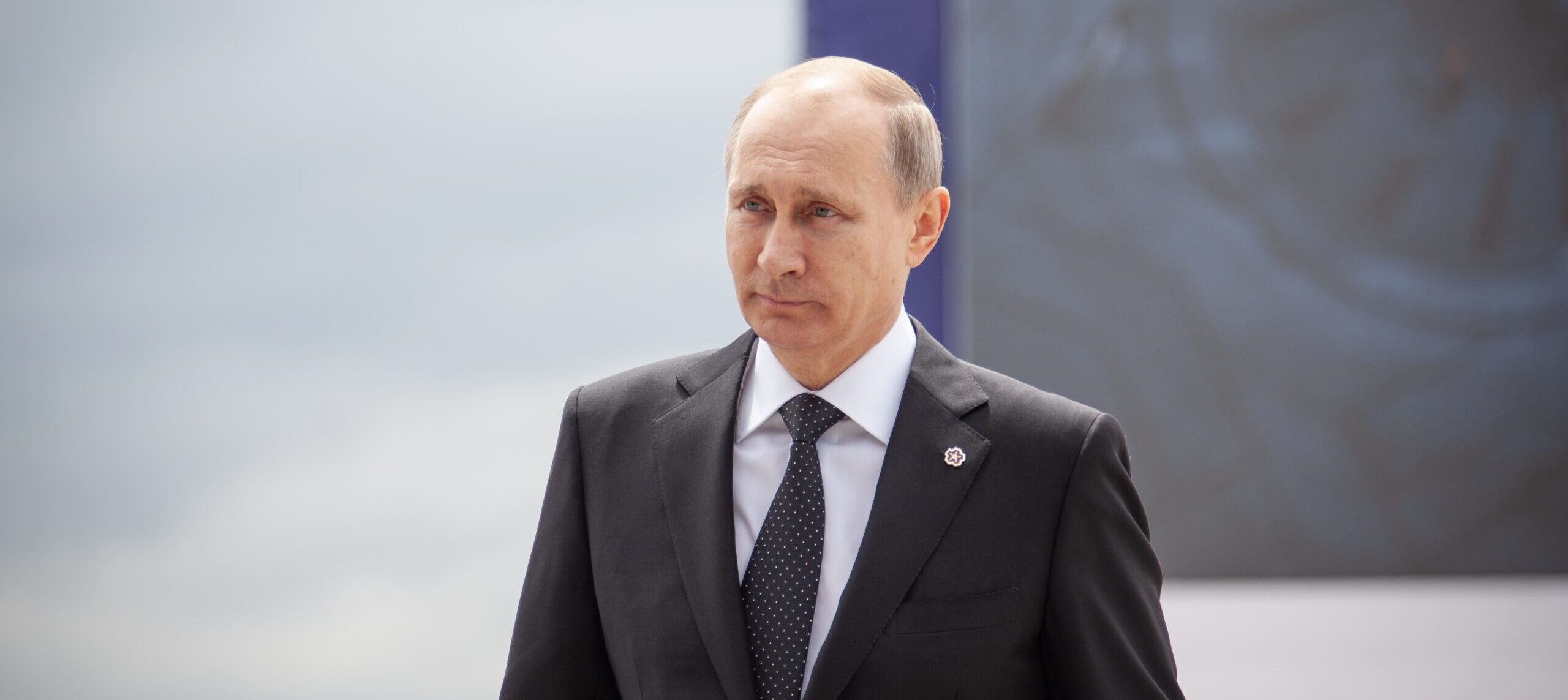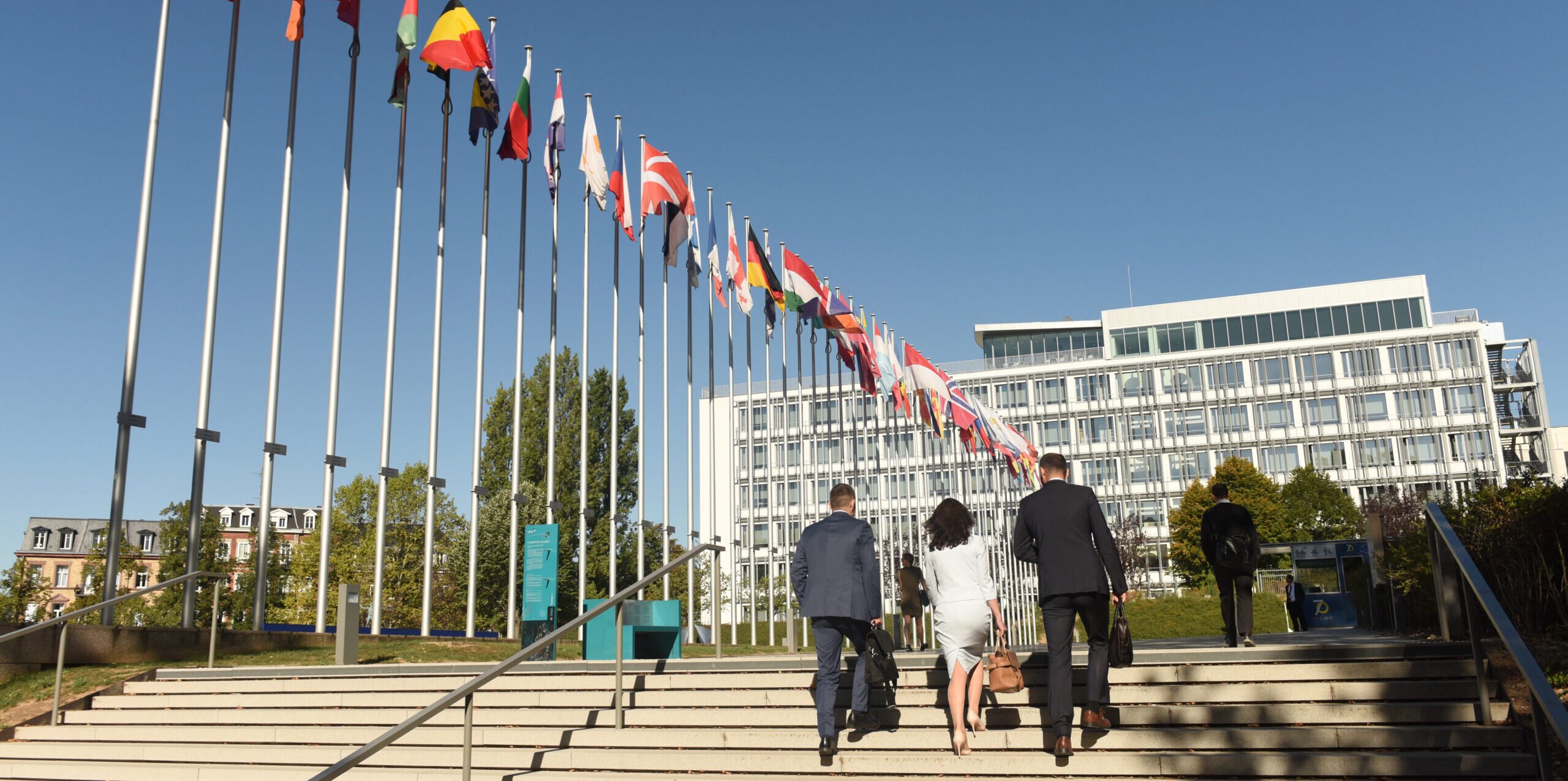

Abstract:
The conflict in Ukraine appears to have all the ingredients for cyber war. Moscow and Kyiv are playing for the highest geopolitical stakes, and both countries possess a high level of expertise in information technology and computer hacking. However, there are still many sceptics of cyber war, and more questions than answers. Malicious code has served criminals and spies very well, but can cyber attacks offer soldiers more than a tactical edge on the battlefield? Can they have a strategic effect? And what norms should be established in international relations to govern nation-state hacking in peacetime and in war?
The book serves as a benchmark in the early history of Internet-era warfare. It features 18 chapters by scholars and practitioners who identify the case’s tactical and strategic implications, discuss their significance for policy and law, and analyse ongoing information operations. For worldleaders and system administrators alike, the ‘cyber dimension’ of the Russo-Ukrainian crisis offers many lessons and sheds light on whether cyber war is still closer to science fiction than reality.
This case study, which examines the Ukraine crisis between 2013-2015, demonstrates that cyber attacks have been used in a broader strategy of information warfare. They encompass digital propaganda, denial-of-service (DoS) campaigns, website defacements, information leaks by hacktivist groups, and cutting-edge cyber espionage malware. However, apart from disruptions to Internet connectivity between Crimea, Donbass, and the rest of Ukraine, there have been no known attacks against civilian or military critical infrastructures. Does this mean that Russia – considered by many to be one of the leading cyber powers in the world – is voluntarily showing restraint? And what are the scenarios in which we could see an escalation of this conflict in cyberspace?
